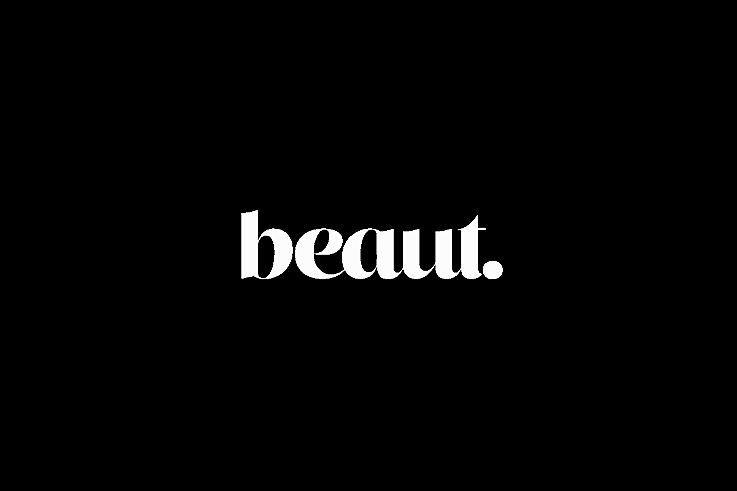
If I could only use one product for the rest of my life I would choose Retinol.
That’s because this powerhouse ingredient is a skilled multitasker: it is anti-aging, collagen stimulating, acne-fighting, and amazing at helping skin cells turn over.
What is Retinoic Acid?
Retinoic acid (also known as retinol or retinoid) is an extremely effective cell-communicating ingredient that has the ability to connect to almost any skin cell receptor site and tell it to behave like a healthy, younger skin cell. They also function like an antioxidant that can interrupt the free radical damage process that causes signs of aging.
If you're constantly on the quest for great skin and have tried every lotion and potion under the sun to no avail, you should try Retinol.
Retinol is one of the few ingredients that has been proven to actually work.
Why is retinol becoming more popular in products?
Mainly because of retinol's ability to impressively decrease wrinkles, but it seems there may be another miraculous benefit to the wonder ingredient. Retinol comes highly recommended by dermatologists for its ability to clear up acne.
Advertised
Why I love it
Retinol is the miracle product. Enzymes in the body convert retinol to retinoic acid, an active form of vitamin A. This increases cell turnover, stimulates collagen and elastin production. Thus it is appropriate for treating everything from pigmentation, cystic acne, and wrinkles. There is also research to show that it clarifies and evens skin tone. In many ways, it is considered the miracle ingredient, but it is important to note that, if used improperly, retinol can compromise the epidermal barrier. Causing more damage than good.
Also known as Retinol, Vitamin A can help increase the appearance of firmness, diminish the look of fine lines and wrinkles, significantly improve uneven skin tone, smooth and finally refine the surface of the skin as well. Retinol is definitely a powerful multi-tasker.
Apply at night
Retinol breaks down in sunlight, which is why most retinol products are held in opaque packaging. Exposure to UV light renders the product less active, which makes the use of it less beneficial to apply in the morning. Always use a high, broad-spectrum sunscreen when using Retinol.
It suits all skin types
While retinol is suitable for everyone, different strengths are appropriate for different skin types. Retinol can be damaging if your skin is sensitive, enhancing inflammation and causing eczema, rosacea, and peeling. Retinol can be quite drying, so it is recommended for those with dry and dehydrated to seal the product in with a moisturiser after use.
Advertised
Start off with once a week
Retinol can cause redness, dryness, and flaking. However, this can easily be avoided or minimised by gradually introducing the ingredient into your skincare regime and building a tolerance to the ingredient. As part of your nighttime routine, apply a pea-sized amount of retinol to clean and dry skin, avoiding the eye area. For optimal results, wait at least 30 minutes before applying other skincare products. Limit initial use to once or twice a week, gradually increasing frequency as your skin gets used to it.



